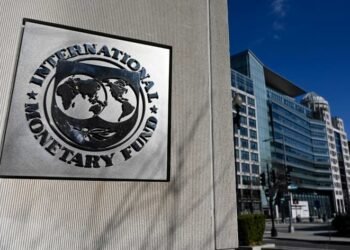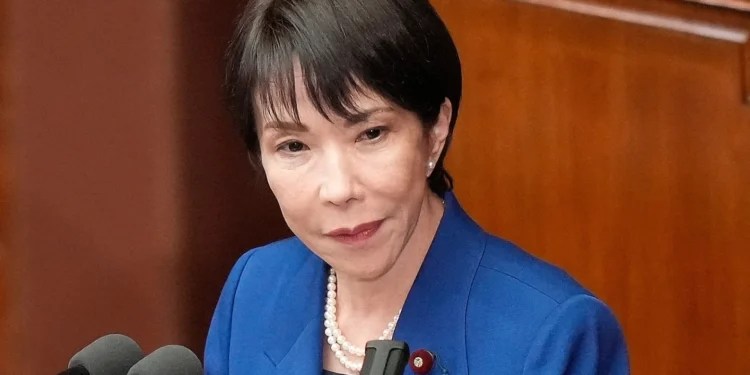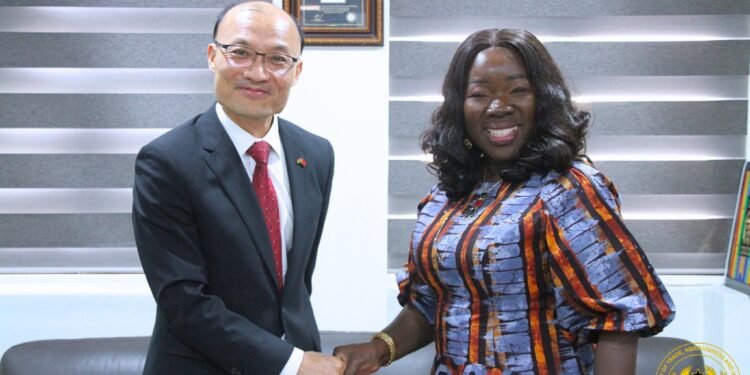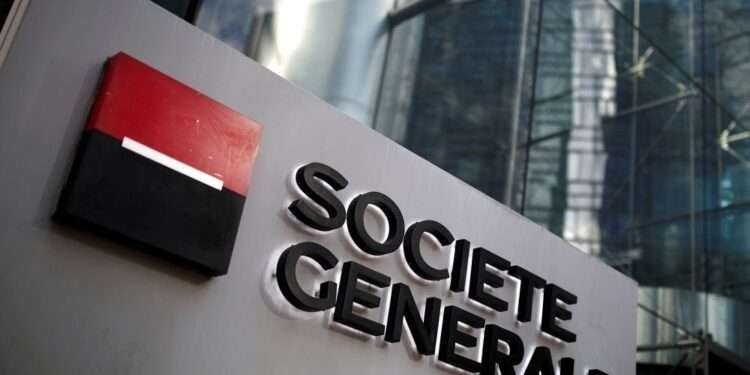Revenues mobilized from the use of telecommunication services in the country slumped marginally last year by 5.55% after a strong performance in 2020.
According to data from the Bank of Ghana, proceeds from the Communication Service Tax (CST) declined by GH¢31.08 million last year, as total CST revenues reduced from GH¢559.44 million in 2020 to GH¢528.36 million in 2021. The highest revenues from the CST in past four years was recorded in 2020, accounting for 29% of the cumulative amount of GH¢1,920.14 million mobilized from this tax handle between 2018 and 2021.
Commenting on the observed reduction in CST revenues last year, Dr. Isaac Doku, an Economist and Lecturer at the University of Education, Winneba, told the Vaultz news that the reduction was mainly as a result of the easing of COVID-19 restrictions.
Dr. Doku explained that the growth in CST in 2020 was due to a strong demand for telecommunication services as the pandemic led to the imposition of restrictions and the embrace of digitization by businesses and individuals. According to him, mobility restrictions such as the social distancing measures and companies’ decision to allow staff work from home considerably increased the use of the telecommunication services.
Another major factor that may have contributed to the reduction in the use of telecommunication services tax revenues last year, according to Dr. Doku, was the re-opening of schools which means classes were no longer held online.

“Now the restrictions are at a low ebb, so telecommunication activities have reduced. The reason for the reduction is basically due to the return from lockdown, a break in the social distancing protocols and other COVID restrictions. The restrictions called for the use of more virtual activities, which made use of telecommunication”.
Dr. Doku
Reduction in the rate of the CST
Section 3 of the CST Act (Act 754) originally provided that 6% should be charged on the use of communication services. It was amended from 6% to 9% in 2019 during the midyear budget which was presented to Parliament in July 2019. However, in 2020, government reduced the rate of the CST from 9% to 5% which took effect in September 2020 aimed at cushioning businesses and individuals as part of measures to reduce the burden on citizens.
The reduction in charges meant that customers could talk for longer hours as well as experience low rates charged on data usage. The reduction in the rate may have impacted revenues positively through an increase in minutes spent per call made and data usage as experienced in 2020.
Inferentially, the reduction in the rate of the CST by 4 percentage points might have also impacted on revenues from this tax handle last year. The reduction in CST proceeds last year may mean that the government is now feeling the real impact of the tax cut on its coffers. This is because, in 2020, most people were using telecommunications services more than 2021 because the economy has opened up and more physical transactions took place last year.
However, commenting on this, Dr. Doku noted that telecommunications services face an inelastic demand which means that a change in the price of these products may not have a significant impact on their usage.
“Telecommunication is an inelastic product. Either an increase or a decrease in tax will not significantly impact telecommunication transactions. The only reason for the reduction is a return to face to face activities”.
Dr. Doku
In 2021, the government missed its expected revenues from the CST by GH¢79. 31 million as projected revenues from CST last year was GH¢607.67 million. The GH¢528.36 million realized from CST in 2021, meant a provisional outturn of 86.95%.
READ ALSO: Measures Taken By Foreign Ministry, A Relief- Ukraine NUGS President























